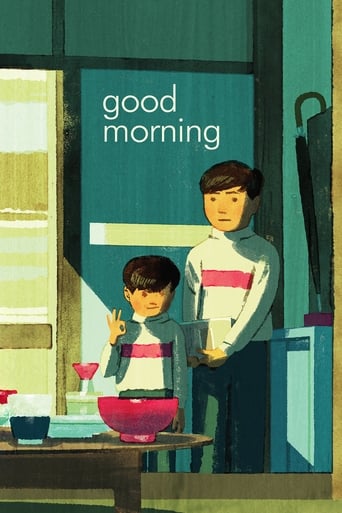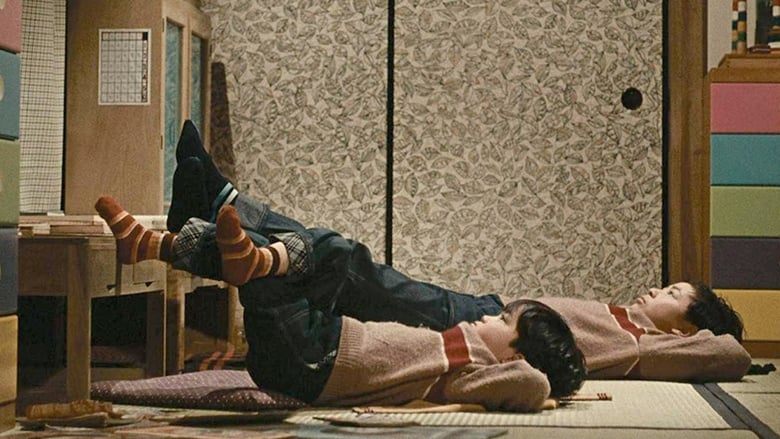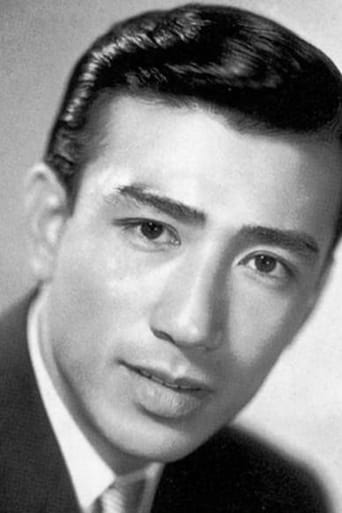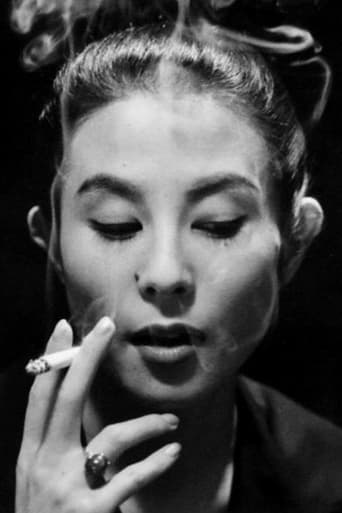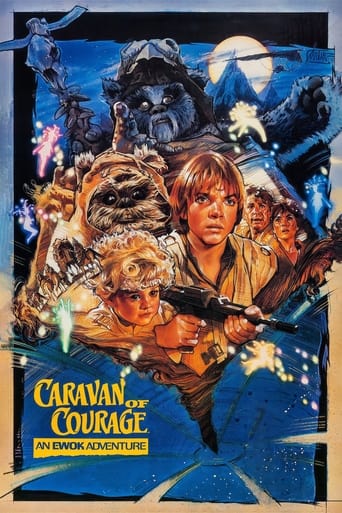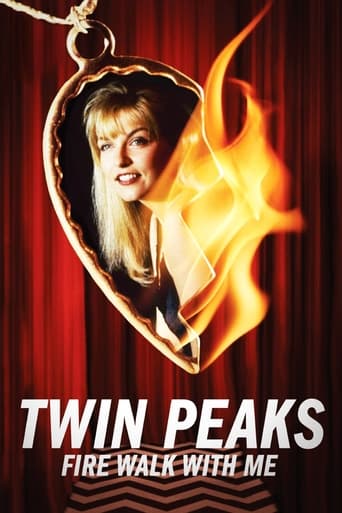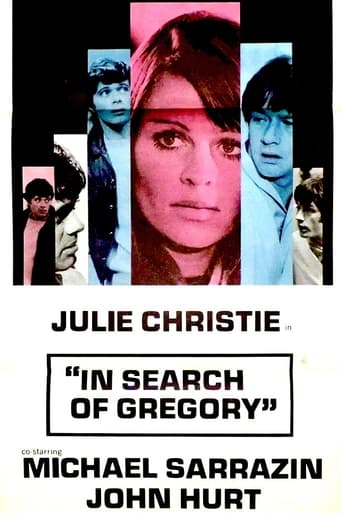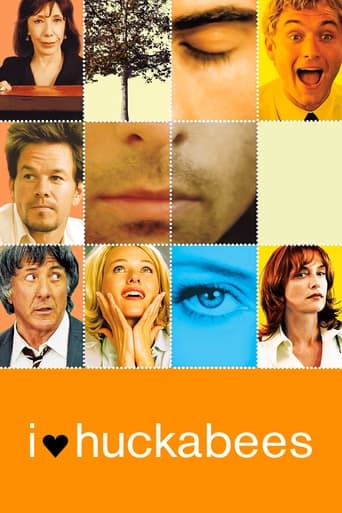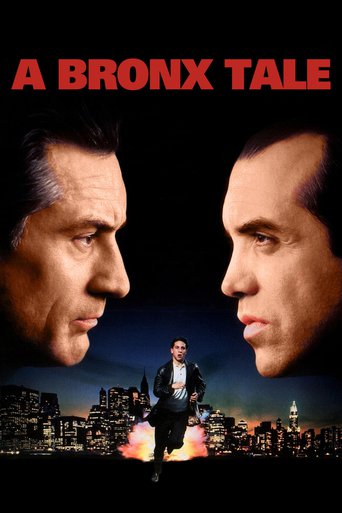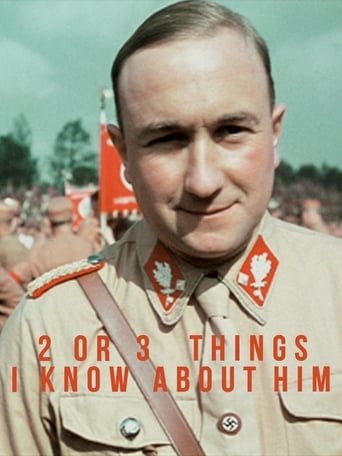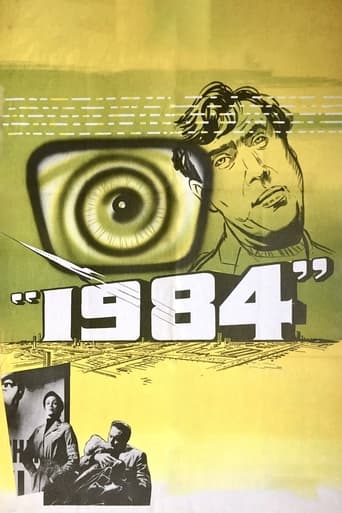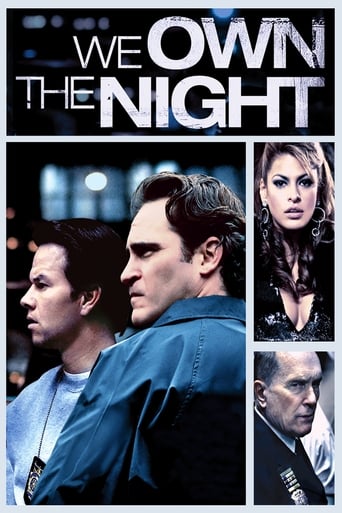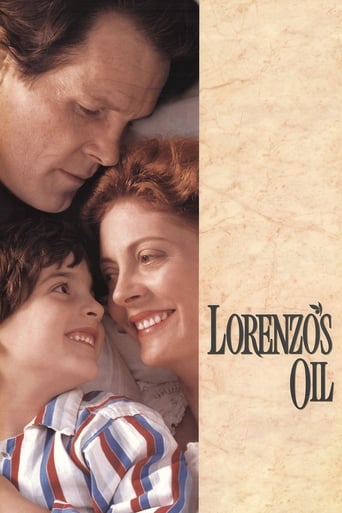Good Morning (1959)
A lighthearted take on director Yasujiro Ozu’s perennial theme of the challenges of intergenerational relationships, Good Morning tells the story of two young boys who stop speaking in protest after their parents refuse to buy a television set. Ozu weaves a wealth of subtle gags through a family portrait as rich as those of his dramatic films, mocking the foibles of the adult world through the eyes of his child protagonists. Shot in stunning color and set in a suburb of Tokyo where housewives gossip about the neighbors’ new washing machine and unemployed husbands look for work as door-to-door salesmen, this charming comedy refashions Ozu’s own silent classic I Was Born, But . . . to gently satirize consumerism in postwar Japan.
Watch Trailer
Cast


Similar titles
Reviews
This Movie Can Only Be Described With One Word.
A story that's too fascinating to pass by...
The storyline feels a little thin and moth-eaten in parts but this sequel is plenty of fun.
There's no way I can possibly love it entirely but I just think its ridiculously bad, but enjoyable at the same time.
Ozu's films always balance humour, heartbreak and social comment - in this film the balance is decidedly in favour of humour. Its hard to imagine a slighter story to build a full movie - two little boys who decide not to speak for a few days in a huff over being denied a TV. But Ozu builds a whole world out of this dull little suburb in a Japan just getting on its feet after the war and embracing consumerism as an alternative to..... well, whatever went before.I think only Ozu could make boring mass produced housing look so utterly gorgeous in full colour, and the minor bickering of the household ladies seem so important. He's helped by a fantastic cast, especially the child actors playing the little boys (oddly enough, there doesn't seem to be any little girls in this suburb). The story has layer up layer of irony (aided by numerous fart jokes) built up upon its slight foundations making an utterly fascinating film. As usual with Ozu, he doesn't lecture, although as always his sympathy is slightly tilted to the somewhat bemused father figures. Even the simple ending, a shot of laundry fluttering on a line, seems somehow laden with meaning. The whole film is a pure delight.
Of the Big Three Japanese film directors from last century, who were known in the West, Kenji Mizoguchi, Akira Kurosawa, and Yasujiro Ozu, Ozu is by far the least well known, and this is because he was probably the least technically innovative of the troika. But, that is not the same as saying he was the least accomplished. In fact, his 1959 social comedy of manners, Good Morning (Ohayo), set in a modern Tokyo suburban subdivision, is in many ways far more relevant than the more famed period pieces the other directors made, for it has a definite Western sensibility. Ozu seemed to be obsessed with documenting history, but history as it was lived, not re-imagined. He was acutely aware of his role as a social documentarian, if in a fictive sense. It was also his third color film, and on the surface it would seem to narratively square very easily with the 1950s era American television comedies, as the central story of the film revolves around two brothers' silent protest over their clan's refusal to modernize and buy a TV like their friend's family has. It all seems very Beaver Cleaver, but appearances are not everything, especially when the patina is crafted by a Master from another culture.Most of the film is shot in Ozu's famed and unjustly derided low camera angle, with a static lens, lending the charge of 'minimalism' to his style. Yet, while that may be true in certain technical aspects, the truth is that the film, written by Ozu and Kogo Noda, is very multi-layered, deftly weaving low comedy- such as excessive farting, and all the modernism that entails, as the boys play a game where one boy presses another's forehead and he farts in response, with deeper social commentary on alcoholism, the 'generation gap'- that old saw of the era, unemployment, and the bile of social gossip. The seemingly carefree farting of the children is thus deftly contrasted with the often ineffective social mechanisms of the adults. The title of the film, in fact, has an ironic meaning, for Ozu casts it as being said mostly in a negative and perfunctory way . Compared with American suburban films from later years, like Ordinary People, or even films made in the last decade, like The Ice Storm or American Beauty, this film does not seem dated, especially compared to American film comedies of the era. Compare it even to a typical Billy Wilder comedy of the era and Ozu's superiority is manifest, almost as much as a fart is to some meaningless bon mot. Ain't art wonderful?
I have to say that "Ohayô" has been the Ozu's film I have enjoyed most, more than his quite acclaimed "Tôkyô monogatari". I often find Ozu's movies so quiet and boring, full of not very interesting lives of middle-class Japanese, whose social life is merely reduced to their homes, where they just find a not very exciting life and where there is no place for rebel souls. The plots are usually so weak and neutral, not funny because they are not comedies, but not so sad to be considered dramas, and . That is not the case of "Ohayô": this is a real comedy, in the way it is Ozu's "Umarete wa mita keredo" ("I was born but...", a soundless movie made in 1932): in fact, I believe that Ozu used and developed the script of this film to write the story is told in "Ohayô". It is so funny to discover the rebel strategies of the couple of brothers who are the main characters of the film to reach their main goal: to convince their father to buy a TV (if the film were made in nowadays, they would want him to buy a new cellular). And funny to see how their attitude can have consequences over other characters. I must say that the film keep the usual Ozu's vision about Japanese family, which seems to be the warmest, safest, happiest social environment, a place where never happens anything wrong. Anyway, this time did it in a way that can make you believe in that and spend a good time too. Highly recommended.
In a small community of workers in Japan, two brothers decide to not speak because they want to force their parents to buy a television.With this single storyline, Japanese director Yasujiro Ozu exposes a delightful and critical view of the behavior of the Japanese working class under the American influence in the post-WWII. Once again the major concern of Ozu is with the family and human relationship. The situation of the retired people is magnificently pictured through the desperate men looking for a job; the domination of the USA in Japan is represented through the need of private English classes for the two brothers, and the translation of documents to English; superfluous consume of the American society is represented through the importance of the useless television for the younger generation, while their parents are concerned with have some savings for their retirement. The destructive little gossips, the difficulties of communication, and many other problems of relationship are also shown in this little gem. For movie lovers like me, I regret to inform that this is the first DVD of the great director released in Brazil. Only in festivals, and occasionally in cable television, Brazilians have the chance to see the work of this great director. My vote is eight.Title (Brazil): "Bom Dia" ("Good Morning")

